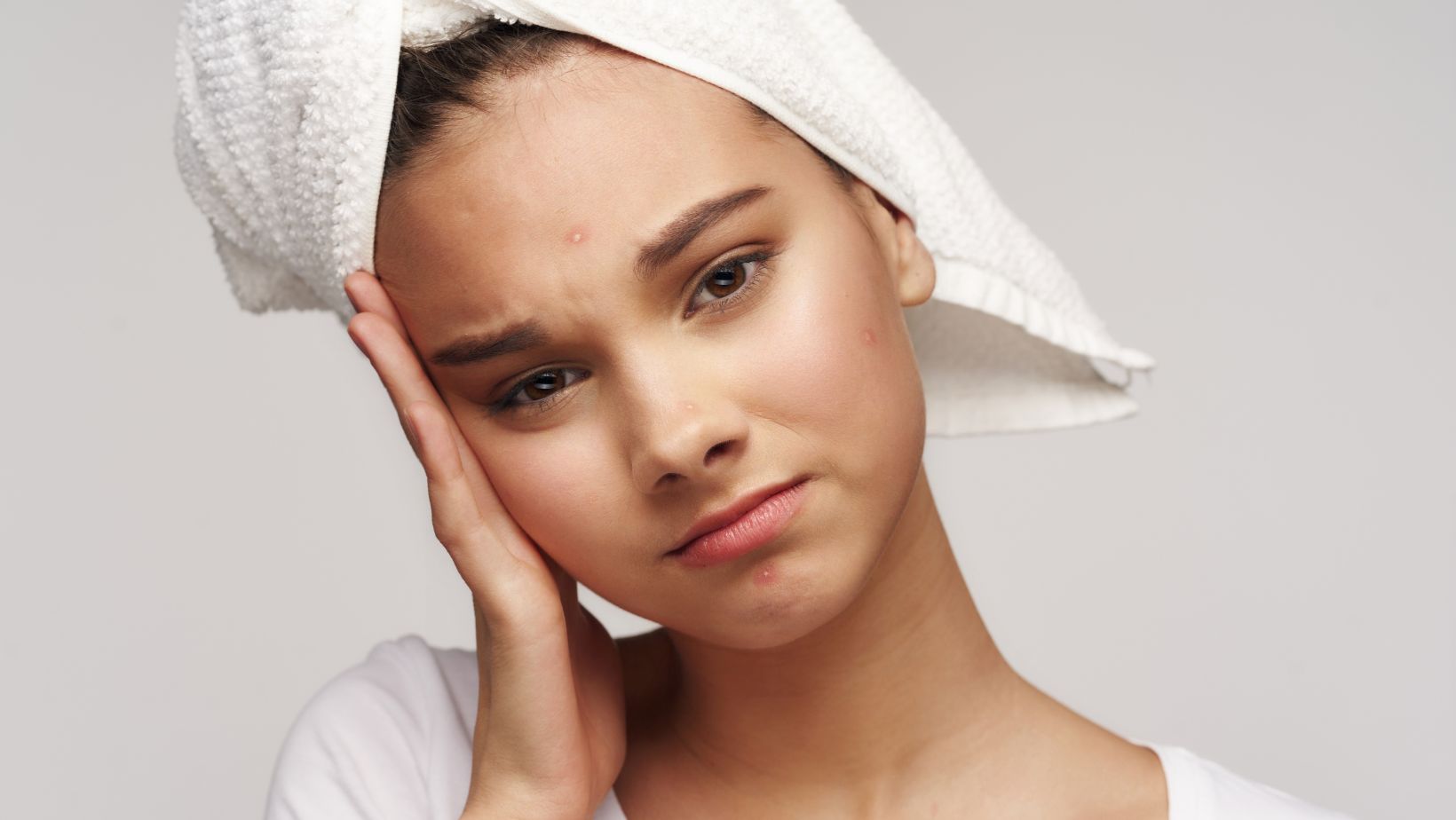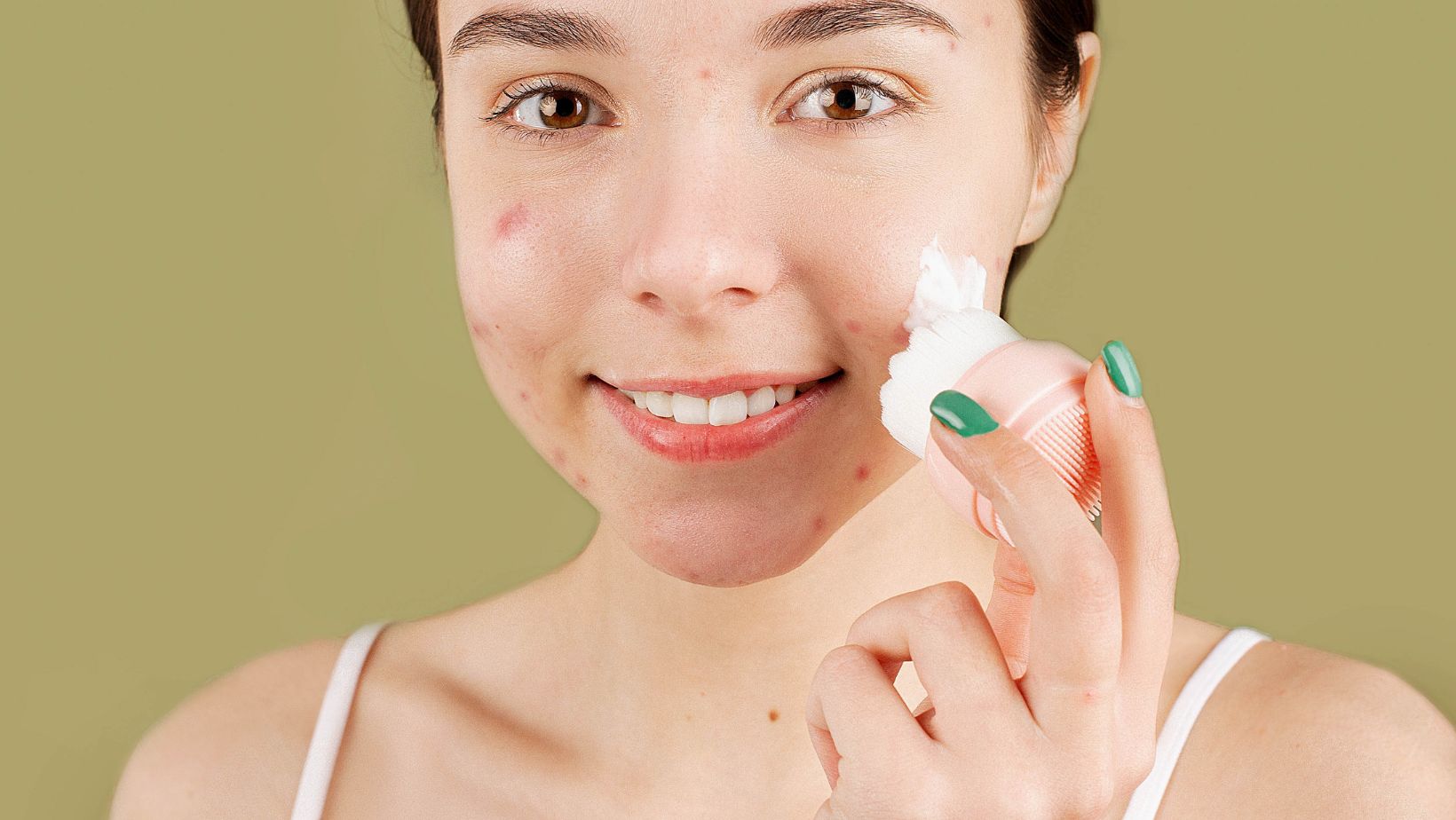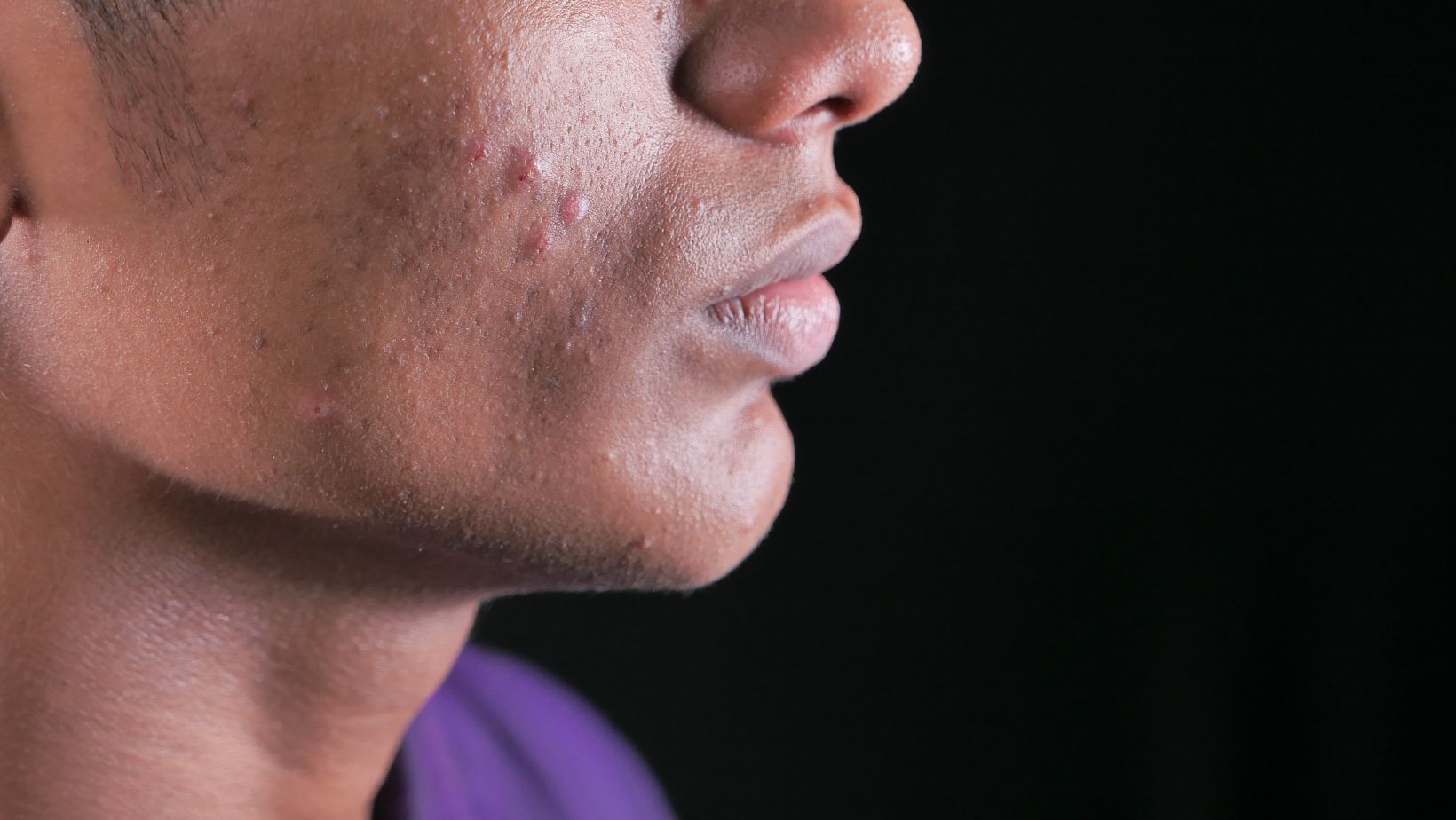The pursuit of clear, radiant skin is a timeless journey, often marred by the unwelcome arrival of pimples and acne. This article delves into the complexities of these skin conditions and outlines the best ways to manage and potentially prevent them. With a focused understanding and conscientious care, you can mitigate the impacts of acne and revel in the confidence that comes with healthy skin.
Understanding Acne and Pimples
Acne is a common skin condition affecting people across all age groups, although it is most prevalent among teenagers due to hormonal fluctuations. It is characterized by the occurrence of pimples, blackheads, whiteheads, and deeper lumps (cysts or nodules) on the skin. These are primarily found on the face, neck, chest, back, shoulders, and upper arms.
Pimples are a type of acne lesion that occurs when the skin’s pores become blocked with oil (sebum), dead skin cells, and bacteria. The blockage swells as it fills with sebum, forming a white, red, or blackhead, depending on whether the pore is open or closed and the depth of the blockage.
Fundamentals of Acne Care
The first step towards managing acne and pimples is understanding that it is not a result of uncleanliness or poor hygiene but rather the overactivity of sebaceous glands and the skin’s natural exfoliation process. Overzealous scrubbing or using harsh products can irritate the skin and exacerbate acne. Here are some crucial aspects of acne care:
- Gentle Cleansing: Cleanse your face twice a day with a mild, non-comedogenic (won’t clog pores) cleanser. Excessive washing and harsh cleansers can strip your skin of its natural oils, causing it to produce more oil and exacerbating acne.
- Moisturizing: It’s essential to keep your skin hydrated. Opt for an oil-free, non-comedogenic moisturizer to avoid clogging your pores.
- Sun Protection: Exposure to the sun can trigger an inflammatory response in your skin, worsening acne. Always apply a broad-spectrum, non-comedogenic sunscreen with SPF 30 or higher.
- Avoid Picking or Squeezing: Popping pimples can lead to scarring and skin infections. If a pimple is causing discomfort, try using pimple patches which can help drain the blemish without the risk of infection or scarring.
For those looking for targeted solutions, exploring specialized options such as acne treatment in Singapore can provide advanced care tailored to individual needs.
Role of Diet in Acne Care
Although more research is needed, some studies suggest that certain foods may trigger or worsen acne. These include dairy products, sugary foods, and processed carbohydrates. While they don’t directly cause acne, they might spike your blood sugar levels, leading to inflammation and excess sebum production. Emphasize a diet rich in fruits, vegetables, lean proteins, and whole grains, which are anti-inflammatory and help maintain stable blood sugar levels.
Importance of Regular Exercise
Exercise can aid acne management by reducing stress levels and improving circulation, which may help reduce acne severity. Ensure to shower or cleanse your face immediately after a workout to remove sweat, which can mix with oil and dead skin cells, potentially exacerbating acne.
Over-The-Counter Treatments
Over-the-counter (OTC) treatments can be beneficial in managing mild to moderate acne. These treatments often contain active ingredients such as salicylic acid, benzoyl peroxide, and retinoids, which can help unclog pores, reduce inflammation, and speed up skin cell turnover.
Medical Treatments
For severe or persistent acne, consulting a dermatologist is advised. They may prescribe stronger topical treatments or oral medications like antibiotics, birth control pills (for hormonal acne), or isotretinoin.
Additionally, dermatological procedures such as chemical peels, light therapy, or corticosteroid injections might be recommended.
The Mental Health Connection
Lastly, it’s vital to acknowledge that acne doesn’t just affect your skin; it can also impact your mental health, leading to low self-esteem, depression, or anxiety. Seek support from family, friends, or mental health professionals, and remember that your value is not determined by your skin’s condition.
Conclusion
Pimples and acne are common, often inconvenient, but manageable conditions. Through a combination of gentle skincare, healthy lifestyle choices, and potential medical treatments, you can effectively manage and control acne. Remember, the journey to clear skin may be long and require patience, but with perseverance, you can experience significant improvements.
Bob Duncan is the lead writer and partner on ConversationsWithBianca.com. A passionate parent, he’s always excited to dive into the conversation about anything from parenting, food & drink, travel, to gifts & more!



